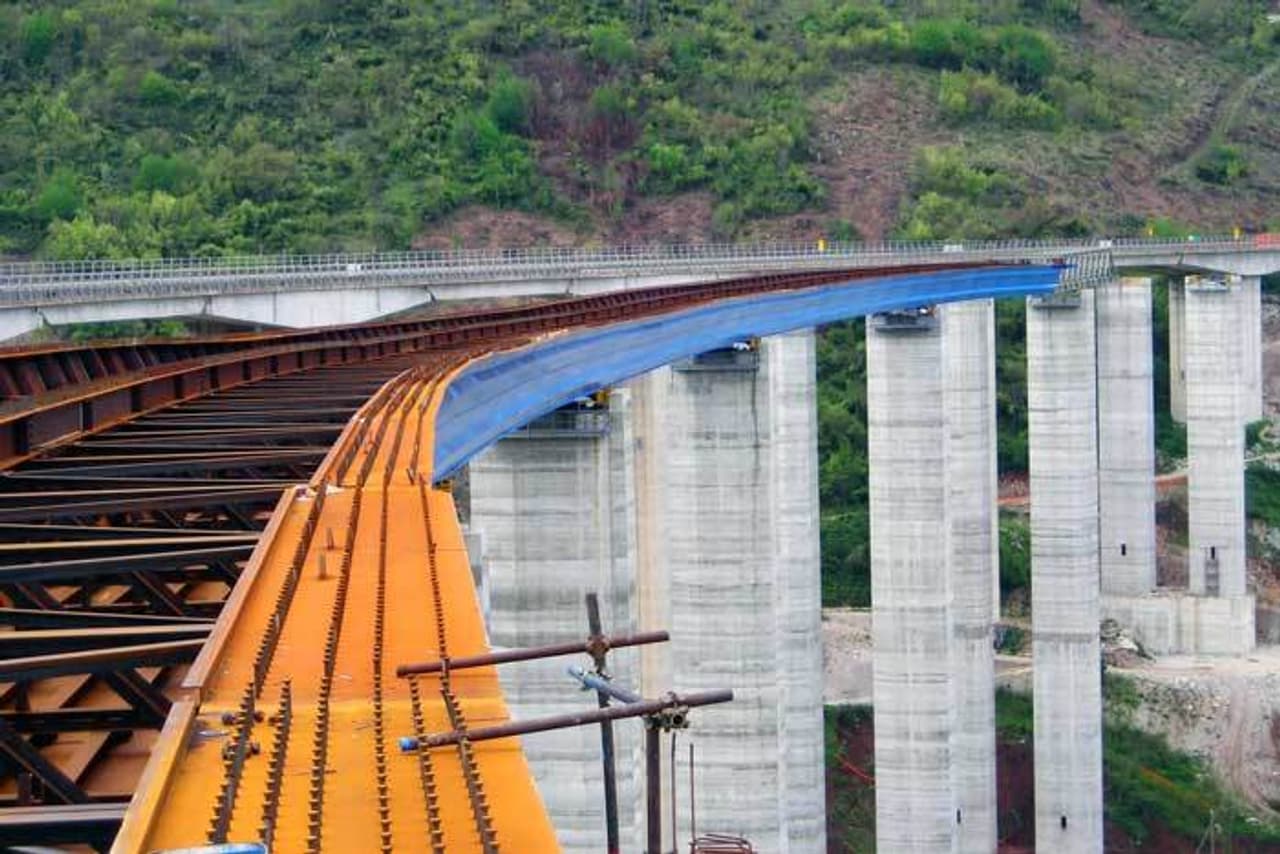
EU states fail to report corruption but Bureau investigation hits home
A road to ruin? Bureau investigation into Mafia controlled construction projects in Italy predated multi-million recovery.
According to the head of the anti-corruption unit at the European Commission Anti-Fraud Office (OLAF), public authorities in EU member states are failing to pass on allegations of fraud, corruption, and criminal activities to the EU anti-fraud office.
Only 5% (54) of 1046 leaks relating to corruption in 2011 came from member state authorities. More than half came from companies, lawyers, and anonymous individuals.
‘The decrease of information from public authorities is something which is worrying us,’ OLAF’s director-general Giovanni Kessler announced in Brussels this week.
Kessler put the blame down to the fact that public bodies were increasingly reluctant to denounce fraud as they feared being labelled corrupt at an EU-level.
The structural funds, which make up the bulk of the EU budget, are entirely managed by member state or regional authorities without any oversight from the European Commission.
An analysis into their spending was the focus of a major Bureau investigation in 2010.
The Bureau’s focus might have had some impact. OLAF recovered €691m in 2011 – a ten-fold increase compared to 2010.
Over €520 million of this recovered money came directly from EU structural funds. In 2010, the amount recovered from structural funds was €32m.
One of the main focuses of the Bureau’s investigation with Al Jazeera’s People and Power was into an Italian Mafia racketeering scheme on a EU-funded highway construction project, near Salerno, in southern Italy’s Calabria region.
The investigators uncovered conflicts of interests where Italian officials were awarding contracts to companies where they were also paid employees.




